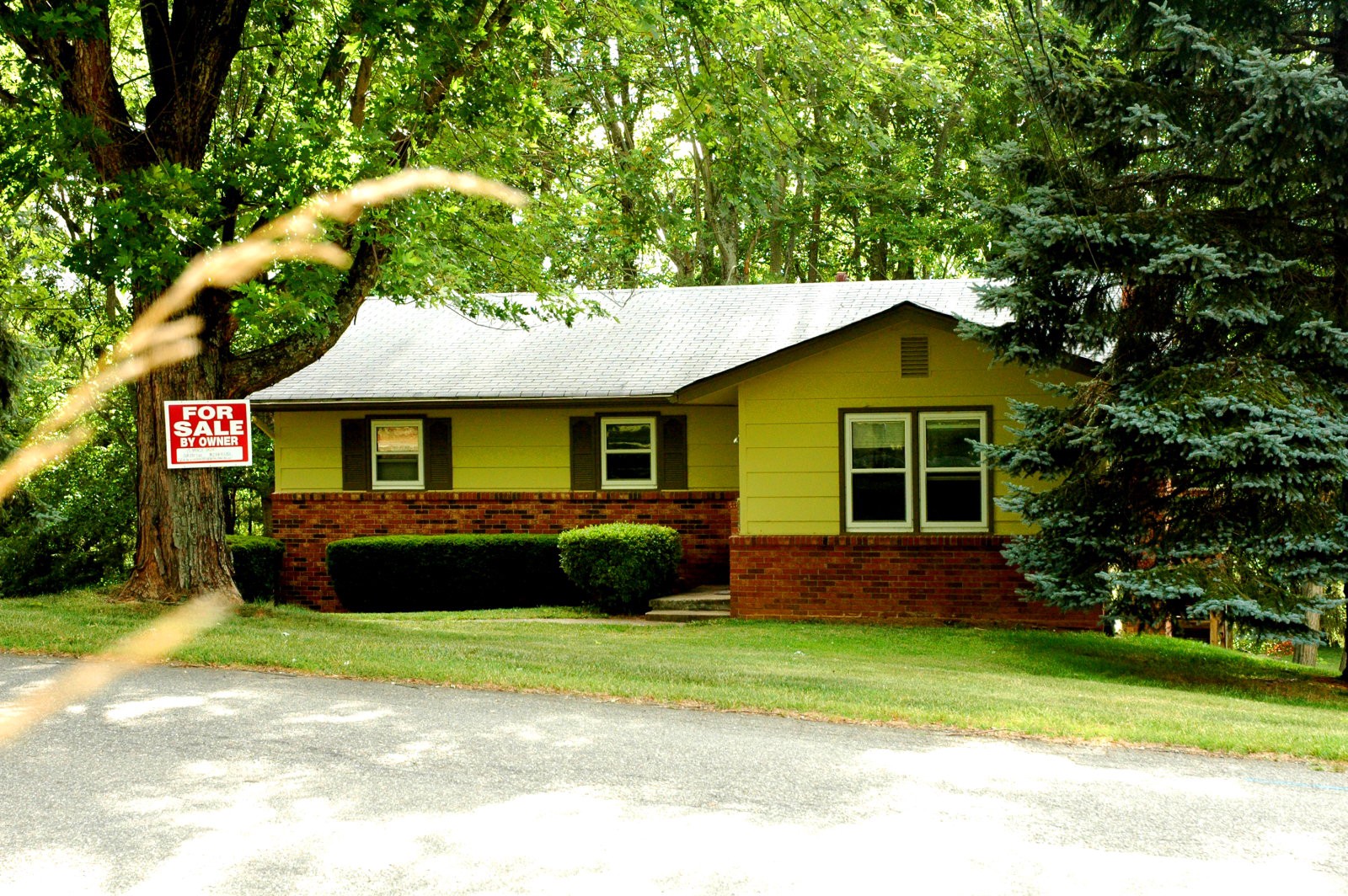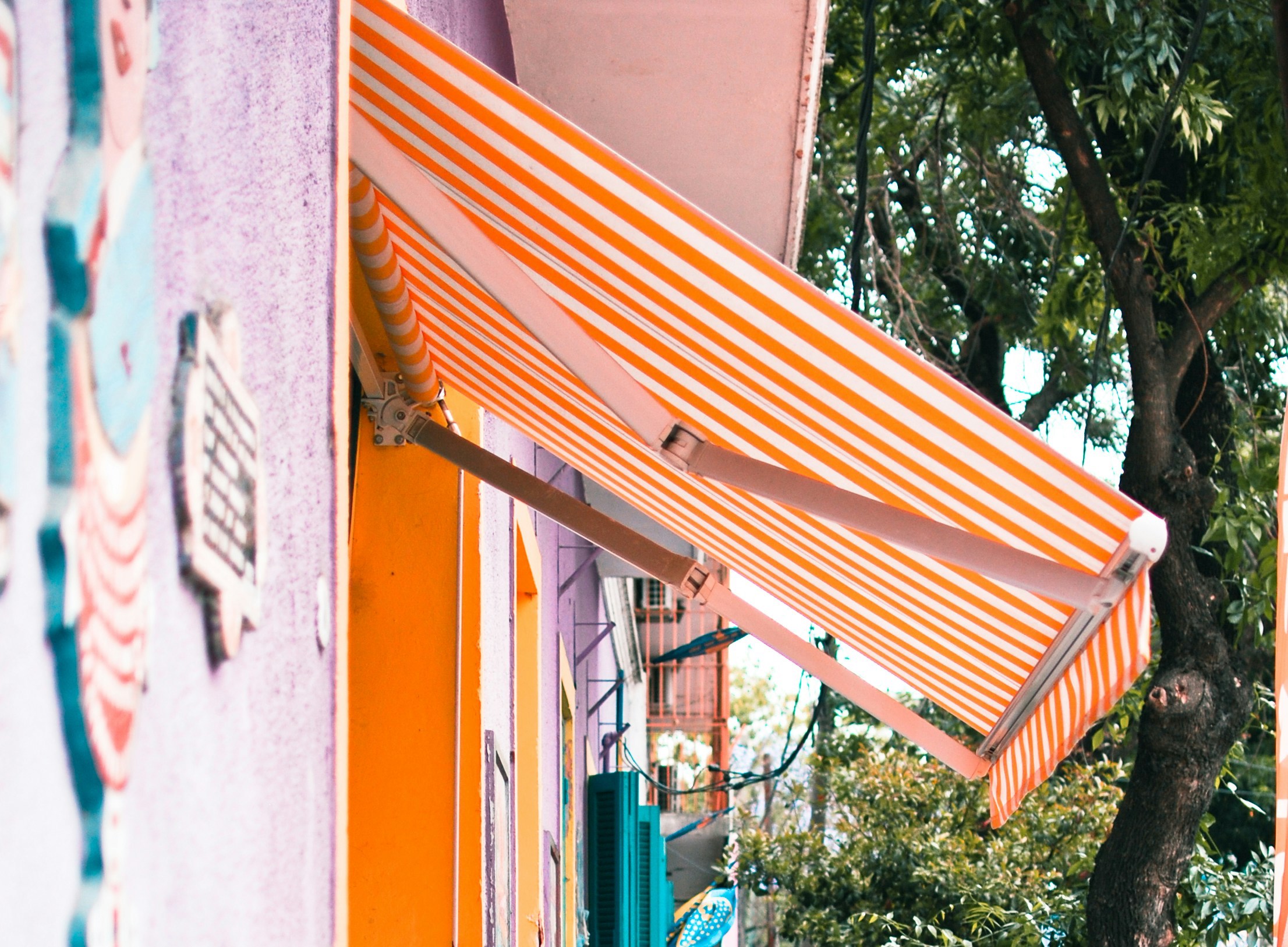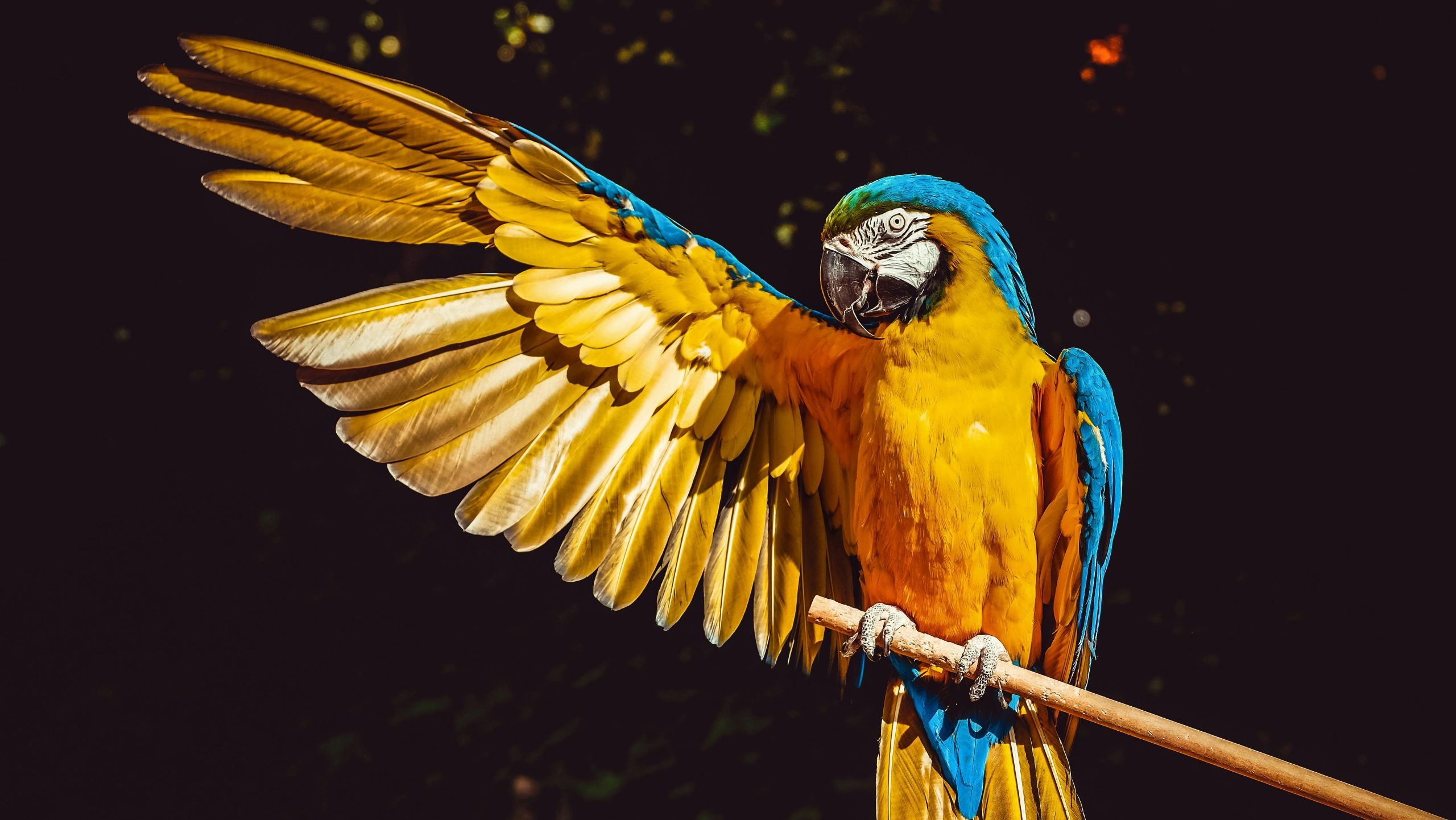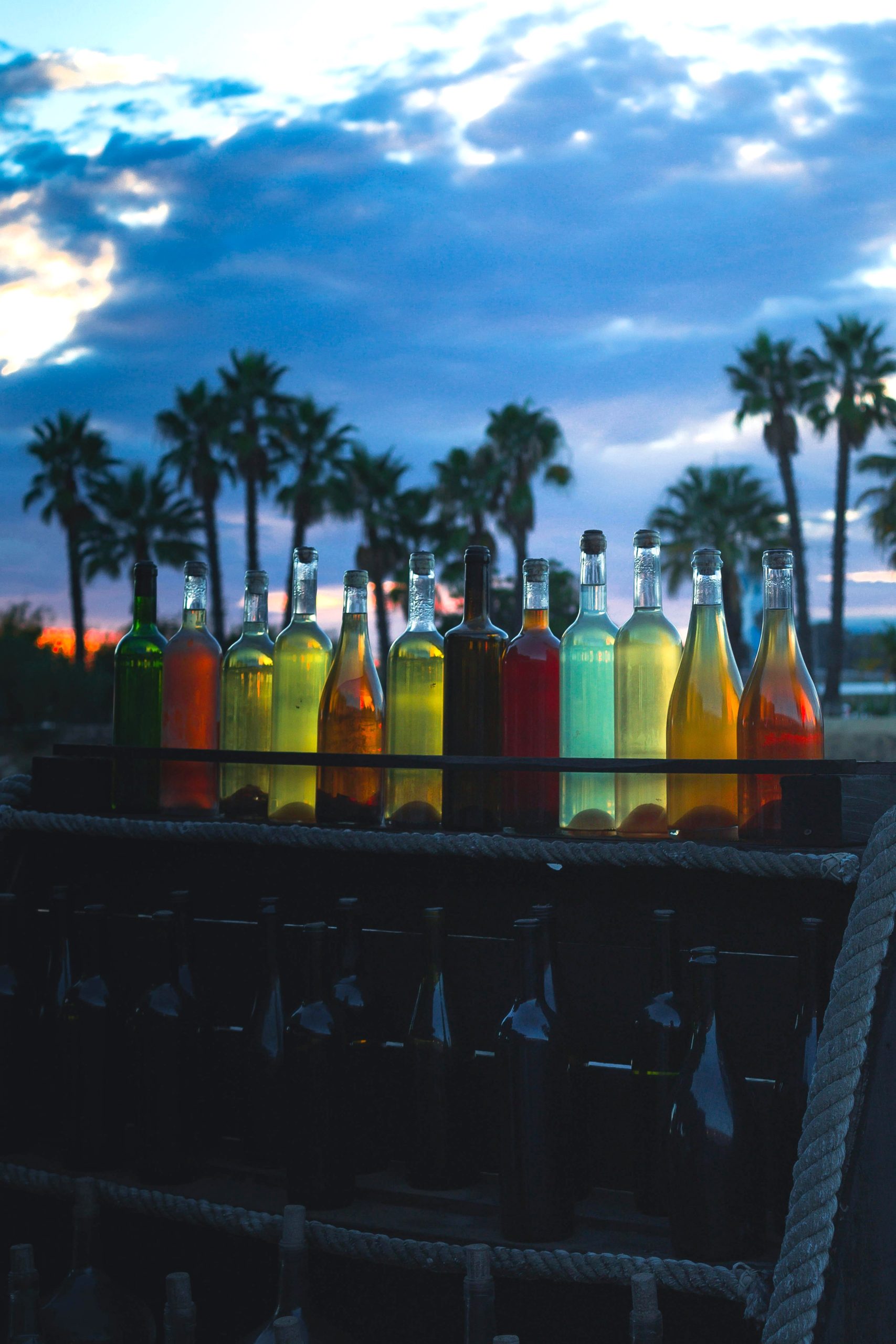Books & Culture
Thomas Cook and the Stack Pirates
Boredom and an enterprising Brit gave birth to the modern tourism industry, and we’re still trying to make sense of it all.
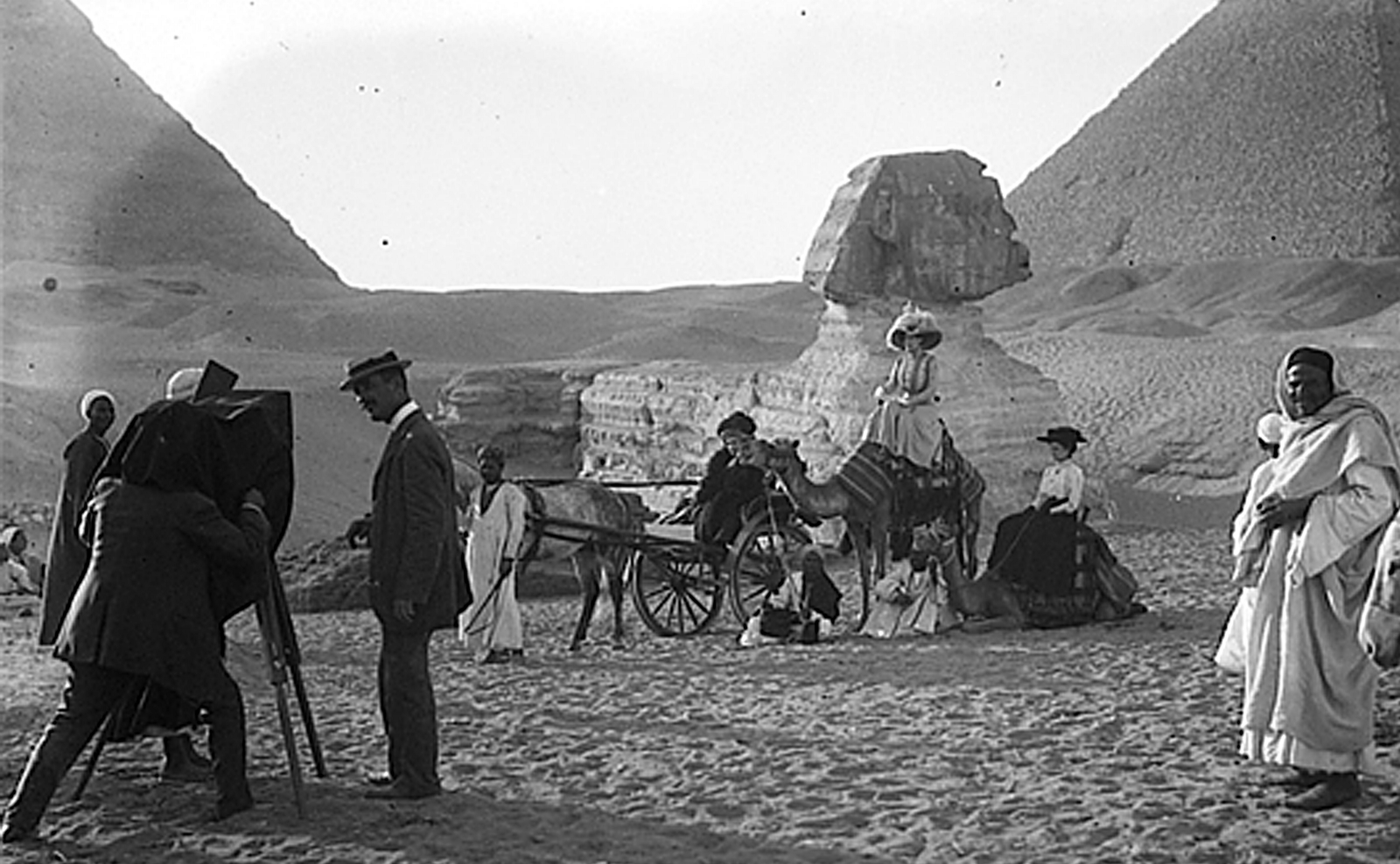
— This essay is an excerpt from Yawn: Adventures in Boredom.
On a July bank holiday in 1841, about four hundred people arrived at the Loughborough train station with tickets for Thomas Cook’s first tour. It was a modest excursion: eleven miles from one English village to another, where they’d have a picnic of the squeaky-clean Anne of Green Gables variety — games, lemonade, tea and cakes — then back home. Bridges along the way were packed with people watching the vacationers’ train speed down the track.
The year 1841 had already been one of firsts for English travel. Between January and July, Britain occupied Hong Kong and colonized New Zealand, David Livingstone (of “Dr. Livingstone, I presume”) arrived at his first African post, and the explorer James Clark Ross braved Antarctic temperatures to discover an ice shelf the size of France. Amidst all this to-ing and fro-ing and building of empire, I doubt many people in 1841 were thinking, Wow, that tour guide Thomas Cook, with his picnics and cheap train tickets, he’s going to be the one to shape the world. Yet today Thomas Cook is regarded as the father of tourism.
Tourism, now one of the world’s biggest industries, began as the personal mission of a zealot. Cook had taken the temperance pledge at twenty-five and dedicated his life to converting others, a mission that shaped his career and perhaps his physiognomy: his granddaughter described him as having “the black piercing eyes of a fanatic.” He’d grown up in a working-class town, the kind of community in which drinking was the primary leisure activity, and, as one nineteenth-century clergyman describes, “a visit to a distant market town is an achievement to render a man an authority or an oracle among his brethren, and one who has accomplished that journey twice or thrice is ever regarded as a daring traveler.” Aristocrats and nobles traveled the world, but few regular people had ever been out of their hometowns. The vast majority of English men and women had never seen London.
Cook, however, had begun his career as an inter-village missionary. While wandering the dusty roads between towns, he’d observed his own feelings of exhilaration at seeing new places, as well as the shared tedium of his countrymen’s lives: doing the same things, seeing the same things, every day. This, he began to believe, was what they were trying to escape by drinking — then the drinking itself became one of the habits they could not escape. With the advent of passenger trains, Cook saw an opportunity for “lifting them out of the dull round of everyday life.” He arranged a package deal so that individual tickets were affordable and remade himself as a tour guide.
“No two movements are more closely affiliated,” wrote Cook of temperance and tourism. When one thinks about spring breakers ordering buckets of beer in Cancun and retirees getting tipsy on Caribbean cruises, Cook’s surety is funny and a little sad. Yet his theory of why travel should contribute to temperance still rings true. We grow restless in static lives. We create habits to make tedium bearable, but unvaried habits eventually become part of the same old: morning coffee, smoke break, happy hour. This is why we need travel, which, according to Cook, “helps to pull men out of the mire and pollution of old corrupt customs.’’
I learned all this from Cook’s biography, which I read on the ninth floor of the Columbia library stacks, sipping the coffee I’d snuck in. I sipped in plain sight because the only other person around to care — a squat gray-haired man with a black patch over his left eye — didn’t. We know each other, kind of, as we’re often the only people up here. He’s probably an alum, like me, milking our lifetime access to one of the few quiet places in Manhattan. His focus is better than mine: he reads court records all day, spine curved and one finger following the type, never getting up, not even to go to the bathroom, though an enormous plastic cup of iced tea sweats in front of him (smuggling that in is a serious accomplishment). Occasionally he asks me the time, though it doesn’t seem to have any bearing on what he does.
In contrast, I’m up and down all day. Going to get a book. Going to the lobby to use my phone. Going out to get a snack that I have to sneak back in. Crossing and uncrossing my legs. Sighing. My mom has the same restlessness, a symptom of anxiety, for which she joined a support group. They have a phone tree, and when one of them is anxious they call one of the others. These calls have become a source of great anxiety for my mom.
She’s a hospital nurse, which is a good use of all her nervous energy. I like research for the same reason: it’s a lot of walking around looking for books and talking to people. Still, I manage to get distracted. I found Cook’s biography because I’d gotten bored with the books I’d gathered on boredom, left my coffee to cool and the old man to figure out the time on his own, and wandered down to the travel section of the stacks.
I was thinking of taking a trip, though I didn’t have any money. Fortunately, the travel section of a college library is a terrible place to plan a vacation. It’s all biographies and histories and outdated research. Here in the murky deep sea gloom of the stacks, Ukraine is in the U.S.S.R., Istanbul is Constantinople, Louisiana has yet to be purchased, and the ground I stand on is empty air above a small green island, where coyote stalk prey and bears hibernate. I like these books. The further back the narrative, the fresher the world seems, the sins of our fathers confined to their limited range.
I like these books. The further back the narrative, the fresher the world seems, the sins of our fathers confined to their limited range.
Cook’s biography is the story of a relatively recent time, and, like all Western histories of the nineteenth century, it’s a blend of unbelievable innovation and uncomfortable colonization. The only reason I pulled the bio off the shelf and brought it upstairs was that I knew Cook’s name. An old boss of mine was obsessed with Cook, along with Hemingway, steamer trunks, and anything tweed. This boss — a willowy Gwyneth Paltrow type who looked glamorous even in the safari-style khaki skirts, snakeskin belts, and clacking wooden bracelets she wore around Manhattan — ran a luxury travel company, where I was a copywriter, and she talked about travel elegiacally, the way literary critics discuss the death of the novel. “The Golden Age of Travel,” she said more than once, “begins and ends with Cook.”

Plenty of people living in the nineteenth century would have disagreed. Cook’s tours caught on quickly, filling popular destinations with tourists and spawning imitators who did the same. Within two decades, Cook’s tourists were everywhere and, if you listened to the critics, ruining everything.
Many critics were just snobs: the wealthy English in Egypt classed tourists among the plagues, sniggering at their gauche “wideawakes and tweeds” (the Hawaiian shirt and Bermuda shorts of the nineteenth century). Detractors also found fault with tourists’ lack of “reason” for traveling. Not explorers traveling for discovery, merchants for gain, or aristocrats on educational or health pretexts, Cook’s clients toured for “the experience of strangeness and novelty,” in the words of the sociologist Erik Cohen, “valued for their own sake.” The italics are Cohen’s, emphasizing how strange this was. It’s still pretty strange, if you think about it, but now it’s such a part of our culture — novelty is the primary theme of advertising, the raison d’etre for the entertainment industry — that it’s easy to overlook.
But the most common and lasting criticism was that tourists were changing the landscape. Hotels, a new invention, suddenly began to pop up everywhere, like “a white leprosy,’’ according to the art critic John Ruskin, who took the tourist occupation of Switzerland particularly hard. Another one of Cook’s peers complained that tours brought “cardinal British institutions — tea, tubs, sanitary appliances, lawn tennis and churches” to all comers of the globe. The Sunday Review fretted that rising numbers of tourists made true escape impossible: “We talk glibly enough of leaving England, but England is by no means an easy country to leave.”
Tourism, when looked at this way, becomes an insidious form of colonization: instead of using military force and laws, tourists colonized with their pocketbooks and their habits.
Though Cook’s mission was helping people kick “old corrupt customs,’’ by “customs” he meant booze, and he was happy to oblige more innocuous requests, such as teatime. Businesses in tour destinations quickly followed suit; collectively, tourists were great for the economy of wherever they visited. Nearly two hundred years later, you can go almost anywhere in the world — from Taiwan to Equatorial Guinea — and stay in a Western-style room, eat Western-style food, start the day with coffee or tea and close it with a cocktail. The tourism economy is as much about catering to habits as it is about supplying novelty.
What seems on the surface like a positive transaction — tourists get hot beverages, locals get money — has been a source of contention ever since. Today, many travelers complain about the tourist economy for the same reasons they did in Cook’s day. “Touristy” has be come a derogatory term, describing places that attract tourists by catering to their habits, and every year more places gain this descriptor. As suggested by the Wired study of the most common phrases in successful dating profiles, the majority of us are attracted to the idea of exploring and trying new things; but the more people who trek out to find novel places, the less novel these places become. Pictures are posted online; people who see the pictures make plans to visit the new hot spots, where familiar foods and drinks and languages begin to appear, attracting even more familiar faces; and all this familiarity feels like the antithesis of adventure, reminding travelers of the mundane ordinary that they’re trying to take a break from. Meanwhile, according to the author and Antigua native Jamaica Kincaid, locals who can’t afford to travel often hate tourists for reasons that are “not hard to explain . . . they envy your ability to leave your own banality and boredom, they envy your ability to turn their own banality and boredom into a source of pleasure for yourself.” Feeling bored doesn’t require any sort of privilege, but doing something about it often does. Taking a trip, seeing a movie, drinking a beer, wearing or eating anything new and different all cost money.
Yet boredom doesn’t necessarily go away when you’re doing any of these things, even traveling. Wherever we are, time demands to be dealt with, and when managing time-especially free time-habits are our handiest tool. According to Camus, “everyone is bored, and devotes himself to cultivating habits.” Far from home, each day lying unbroken before us, we might be forgiven for wanting to bookend that unwieldy stretch of time with a coffee at daybreak, a beer at dusk, and, for Cook’s English tourists, a cup of tea in the afternoon: habits that break time into manageable chunks, even as they change the places we visit.
Our dependence on habit and desire for novelty are both so ingrained that usually we don’t think about them. While reading about them I had to think about them and became annoyed with the coffee I was drinking, a symbol of my reliance on habits — with a hot coffee I can sit still a good half hour longer than usual — and my craving for novelty, since it was a really unhealthy hazelnut cream thing that I’d bought hoping the treat-like aura of it would help me focus even better.
“Do you have the time?” the old man asked. His own habitual beverage appeared to be untouched.
“Sure. Um, quarter past eleven,” I told him, refraining from asking what I always want to ask: Is it hard to read all day every day with an eye patch? Do you ever wish you had a different hobby? At least I assume his library lurking is a hobby, but maybe it’s work. That’s why I lurk here. Or maybe he lives here, which would explain why he has no sense of time, as there aren’t windows in the stacks. Watching him, I thought I might write (or at least be willing to watch) a TV show called Stack Pirates. Here’s the scenario: a group of recent graduates can’t find jobs (probably there’s a recession), so individually they begin to spend their days in their college library in order to avoid roommates or landlords or parents, as well as the restless torpor of sitting around the house all day. Eventually they find one another and decide to band together and figure out how to live in the library full-time. Their guide on this quest is the old man with the eye patch, who they discover has been living in the library since his own graduation in the sixties (he was avoiding the draft, maybe). They call him the Captain, because of his eye patch but also because he’s been obsessively researching the history of piracy for years, his own version of Ahab’s white whale. I’m not sure what they do once he teaches them how to find food and where to sleep. Probably they solve crimes.
I realized I was staring and that my coffee, now that I’d spent so much time thinking about it, wasn’t helping me focus anymore. I got up, stretched, and headed back down to the travel section. I pressed the elevator button a few times, but it seemed to stop on every floor, and after a few minutes I was so restless that I just took the stairs.
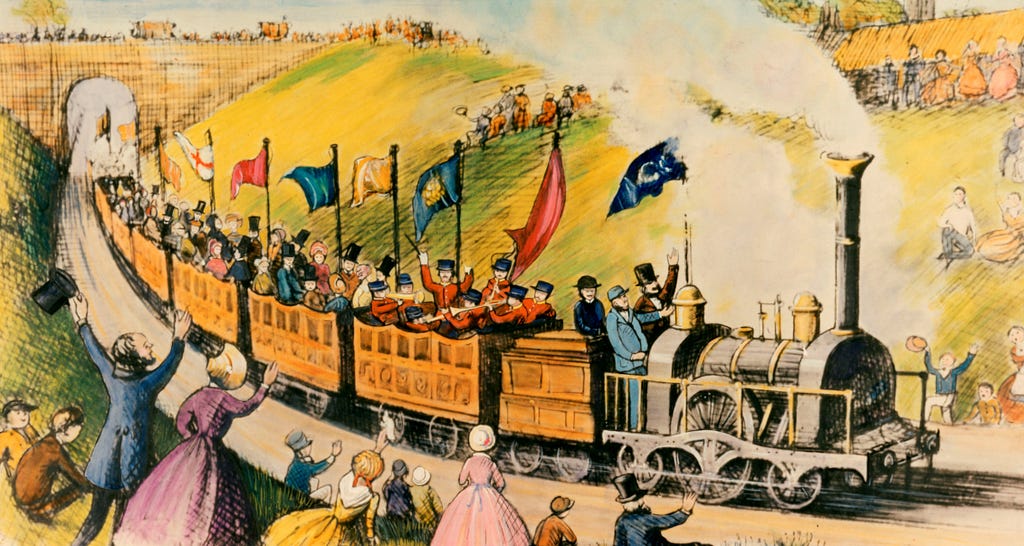
Modern tourism started in England, which makes sense — a colonizing country is probably a restless country — but by the mid twentieth century people from all over the world were touring. Tourism became a thing; you could tell because people had started studying it. The stacks are full of their books: The Ethics of Sightseeing, The Language of Tourism, The Tourist Gaze, and so on for longer than you’d care to read. Before venturing into the stacks I’d never read a book on tourism, but I knew the industry from working in it, first as a guide and then as a copywriter.
Like many people who grew up in small, gray-skied working-class towns (Cook, D. H. Lawrence, Geoff Dyer, to name a few), I’d always wanted to travel. It was the most obvious means of escape possible, and seemed like the cure for everything: small town, small life, sad family. My mom was a nurse, my dad a pastor, and both were depressed, which seemed at odds with their caregiving jobs. I was told that helping others gave purpose to life, yet the people who taught me this suffered painfully from a sickness defined by meaninglessness. He talked around the edges of suicide. She withdrew. I planned to get away. But I couldn’t just go. Unlike in most of the travel books I read and loved, in life there were practicalities to consider. I needed contact lenses and birth control. I needed to pay back my student loans. I needed cash. So — again, like Cook — I became a tour guide.
Unfortunately, I didn’t really understand until I was one that most guides don’t travel outside their “zone of expertise.” Mine was first Alaska, then San Diego, and in each my adventures were limited to a square mile of sea on which I paddled a kayak while telling middle-aged tourists fun facts: leopard sharks aren’t aggressive; sea lions are aggressive; the garibaldi is the state fish of California; an eagle’s nest can weigh up to two thousand pounds.
As a copywriter I traveled more, but it was definitely business travel, which I actually prefer. Having to work gave my days structure and lent a purpose to sightseeing: if I was doing stuff in order to write about it, the purpose was work; if I was doing something unrelated, the purpose was shirking work. I find distractions most enjoyable when work is an obstacle.
Still, I wouldn’t recommend copywriting to an aspiring traveler, at least not one who’s as easily broken as I am. Writing marketing materials for tourism was like being asked to build a part for the mechanical innards of a beloved dog I’d always assumed, until being handed the screwdriver, was flesh and blood. According to my boss — the Paltrow ringer who loved Cook — true adventure was a thing of the past, which meant my task was to transform our travel company into a time machine, filling brochures with phrases like “timeless wilderness,” “authentic villages,” “hark back to the days of yore,” “step into the past,” “follow in the footsteps of explorers.”
Writing marketing materials for tourism was like being asked to build a part for the mechanical innards of a beloved dog I’d always assumed, until being handed the screwdriver, was flesh and blood.
My boss wasn’t nuts; she was practical. What I was doing in my midtown cubicle was the same as what any other travel copywriter was doing in any other cubicle. Almost all travel advertising focuses on time: space tourism ads promise a glimpse of the future, tours for new parents or honeymooners offer the opportunity to press pause on the present (“time stands still,” “live in eternal time”), but most often — so often that the sociologist Graham Dann accuses the industry of “unashamed wallowing in the past” — travel ads suggest that a certain tour, cruise, or even whole continent has the power to take us back in time.
The “past” of marketing is fictional. Sitting at my desk, whispering “adventure-scuffed decadence” at a computer screen, I created a whole world: the past in all its everything-is-fresh glory, sans poverty and oppression, plus modern plumbing, simultaneously ripe with novelty and fragrant with nostalgia. My everyday life paled in comparison. How could it not?
A fictionalized past is the most tempting of destinations. Even as far back as the sixteenth century, Don Quixote found life dull compared with the semi-mythical past of the novels he read. He loved the past so much more than the present that he began hallucinating that he actually lived there. Today, tour companies would love to replicate his madness. Even the most prosaic trip to my hometown could be an adventure if I saw the pimply motel desk guy as a castle keep and the town’s Hummer factory as a training ground for battle-ready giants.
Granted, certain landscapes lend themselves to this brand of fantasy more than others. Travelers flooded New Zealand in record numbers after the Lord of the Rings movies were shot there. Ireland and Iceland similarly both received much-needed economic boosts from tourists who’d seen them in Game of Thrones. Cambodia’s Angkor temples are hundreds of years older than Hollywood, but when I stood in Ta Prohm, a temple held in the grasping fingers of enormous tree roots, my first thought was not of the people who prayed there but of Indiana Jones. Entertainment has layered new meaning onto these old places, but they were chosen as shooting locations because they invited fantasy to begin with.
Cook’s tourists were drawn to similarly past-evoking destinations. “The mystery of ages,’’ he wrote in a promotional pamphlet, “is plucked from the vivid story of past centuries for those who thus sail in foreign seas and become familiar with many lands.” He took his clients to Roman ruins, Egyptian pyramids, and Civil War battle grounds (though actually, the last of these weren’t historic quite yet, as tourists wrote home to report “skulls, arms, legs, etc., all bleaching in the sun’’ war zones aren’t always exciting for soldiers, as evidenced by the writing of Brian Turner and Shani Boianjiu, but war zones both ancient and fresh have long been fascinating to civilians in the same way that war stories are; companies specializing in “conflict tourism” offer tours of grave sites, concentra tion camps, and battlefields).
From Cook’s brochures to mine, travel marketing seems to be to blame for our collective time-travel fantasy. But while ads certainly aggravate the situation, they’re only responding to existing longings, the same as those of Don Quixote: the desire to visit a world that’s brighter and bigger than our everyday, never boring, and unblemished by any thing as ordinary as habits.
To see this desire spelled out, I only had to look as far as the classics my boss encouraged me to read: Isak Dinesen on Africa, Bruce Chatwin on Patagonia, Henry Miller on Greece, D. H. Lawrence on Mexico — great sources for copywriters because they’re all about escaping the bland present on a quest for an idyllic past. “We do not travel in order to go from one hotel to another, and see a few side shows,” wrote D. H. Lawrence. “We travel, perhaps, with a secret and absurd hope of setting foot on the Hesperides, of running up a little creek and landing in the Garden of Eden.”
Tourism research, as it turns out, is built of the same behind-the-curtain stuff as copywriting, only more so. On the travel-section shelves are books on sex tourism, conflict tourism, health tourism, and party tourism (I suspect Cook would have appreciated that the last of these ended up being the bleakest, what with drunk spring breakers so regularly falling off balconies). Tourism’s colonial undertones and emotional consequences were explored in depth. I learned about a condition called dromomania, whose sufferers have to be always on the move. Other people become so overwhelmed by the inconsistencies between travel marketing and real destinations that they become paranoid and delusional, a condition known as Paris syndrome for the frequency with which it happens to tourists visiting the famously romantic city. I learned about post-tourism, which is just research jargon for traveling hipsters: believing there’s no authenticity left in the world, they enjoy tourist attractions ironically.
Sitting on the library floor between shelves, I paged through these books and traveled to some pretty dark places. When the timed lights between the shelves flicked off, it seemed appropriate.
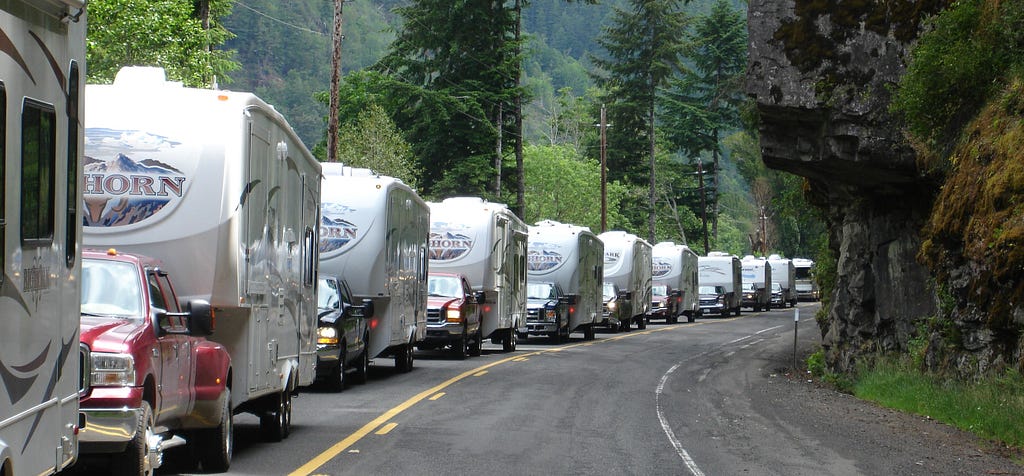
What can get lost in all this research is that travel is a treat: the vast majority of our ancestors didn’t travel for fun, and plenty of people now don’t either. It’s not free or mandatory. Like many other things we analyze and criticize — television, movies, books, foods, sports, social media, spas, and manicures — we always have the option to just opt out.
But, barring suicide, we can’t opt out of life, so we’ve invented pastimes. Tourism interests me because it’s not just a means to fill free time; by removing familiar places and faces and responsibilities, it makes free time more free.
There are different ways to deal with this. The kind of tourists who went on my kayak trips usually had lunch plans at an iconic restaurant afterward, then they’d visit a museum and/or ruin, then dinner and dancing. They’d straitjacketed their time with sightseeing. On the opposite end of the spectrum were clients of my Cook-loving boss’s luxury travel company. In the brochures I wrote, travelers were encouraged to relish breakfast in bed and take luxurious afternoon siestas beneath gently swaying trees. This was their free time, and they were encour aged to answer Nietzsche’s question “Free for what?” with “Naps!”
Between those two jobs, I had the chance to figure out what I would do with the freest of free time. After a couple of years of guiding, supplemented by working in restaurants, I’d saved enough to travel. A friend and I quit our jobs, sold our furniture, collected our security deposits, and left. We’d be backpackers, a lifestyle that sounded promisingly like that of travelers in books: we’d carry our lives in packs, eat street food, not take tours, meet locals, just…be free. We planned to travel this way for a month or two, until money got low, then come back to the United States and get new jobs (this would be harder than we’d hoped; I’d spend months cobbling together work before being hired by the Cook-loving boss). It was a reckless and exhilarating thing to do, or so we thought, until we stood in the middle of Khao San Road and realized that everyone else our age, from all over the planet, was doing the exact same thing.
We were officially on the Banana Pancake Trail.
Named for a dish commonly offered in anticipation of semibroke young Western tourists, the Banana Pancake Trail includes all the recommended destinations in the Southeast Asia edition of Lonely Planet. If you rely on that guidebook, as we did, then you’re on the trail, and if you’re on the trail, travel becomes less like an uncharted adventure and more like a stroll through the parking lot outside a Phish show. Dirty feet, tangled hair, fisherman’s pants, and yoga beads adorned the bodies of our fellow travelers. Beer, coffee, pancakes, cheap jewelry, and T-shirts printed with the region’s unofficial motto — “Same-same but different” — were for sale in every town, giving meaning to the motto while giving us all familiar things to do: get caffeinated, bargain shop, eat, get drunk. Though we meant to have big adventures — like Don Quixote without the delusions — my friend and I turned out to be bigger creatures of habit than we had anticipated. We filled our free time with iced coffees and silver bangles.
“Same-same but different” described more than the trappings of tourism; it also described the experience of seeing other travelers over and over again. We ran into the same white-blond Australian in three different countries, an occurrence he assured us was “cosmic.”
The Australian indulged in the same habits as we did, but without our “are we using this time right?” anxiety. He had no reason to be anxious; he was traveling indefinitely. Over the course of our first month, we’d met a surprising number of these “career travelers,” people who didn’t plan to return home soon or maybe ever. None claimed to be wealthy, but none were really poor either; they were all somewhere on the broad spectrum of middle-class. The Australian was the son of a plumber, and though he ardently did not like his father (most of the career travelers we met had bad relationships with their parents), it was from his father that he’d learned the skills that kept him on the road. Starting out working for room and board on a farm in Italy, he’d been so helpful that it led to a handyman job at a yoga retreat in India, which he’d parlayed into a landscaping position at a sister retreat in Thailand, which he’d just quit when we met him. I learned all this at our second meeting, on an island in the Mekong, where a group of us tourists drank lukewarm beer and moved from the shade of one palm to another in an attempt to escape the midday heat.
“I‘ve just always had this ability to know when it’s time to move on,” he told us. “I feel restless, you know? My mom’s psychic so, I don’t know, I probably inherited it.”
You don’t need to be psychic, I thought, to get bored. It was an uncharitable thought, but that afternoon I was irritated. Irritated with the sticky heat, with the strands of hair that stuck to my temples, with myself for having spent everything on this trip (was this how freedom was really meant to be used?), and again with myself for being irritable on the trip I’d spent all my money on (irritation was surely not the best way to use free time). All this irritation found its target in the unreasonably blond Australian who was always on the move.
“Cool,” I mumbled. “Good for you.” Then I excused myself to go swimming. After fighting the current for half an hour I was able to admit to myself that I didn’t really think there was anything wrong with the Australian (besides the New Agey cosmic/psychic stuff). If you don’t have kids and feel okay about not being insured, why not be transient? That’s how past travel writers lived — Henry Miller, Patrick Fermor, Bruce Chatwin — and I like to think I could live like that too, but I don’t, which was probably why the Australian irritated me. His life was more interesting than mine and he wouldn’t stop talking about it.
Irritability is one of the key emotions psychologists associate with boredom. We get irritated standing in line, sitting in traffic, or listening to a long-winded story (“Every hero,” wrote Ralph Waldo Emerson, “becomes a bore at last”). Our tendency toward bored irritation is why elevators have door-close buttons and crosswalks have request-to-walk buttons, even though most of those buttons don’t actually do anything: pressing a button lets us believe that we have agency over our time. Maybe the Australian really knew how to be free, a secret that eluded me, or maybe moving was his version of a door-close button, allowing him to think he was changing because his surroundings changed, even though he brought his habits and hang-ups (the bad dad, the psychic mom) wherever he went. Maybe we weren’t so different from each other.
“Excuse me, do you have the time?” asked the old man in the library.
“Let’s see . . . half past four.”
“Thank you,” he said, which is what he always says, never “I’m late!” or even “Lunchtime!” He doesn’t have anywhere else to be, as far as I can tell. He just likes to know.
What would I do if I had nowhere to be? Because I’ve been fortunate enough to travel aimlessly for a couple of months, I can tell you: I’d be irritable. Free time is daunting. The world has been shaped by our inability to deal with free time. Cook intended for tourism to pull us out of the mundane ordinary, and people who can’t travel (like Jamaica Kincaid’s tourist-hating locals) desire to do so for that reason. We travel to escape a losing battle with time — the autoworker Ben Hampers “war with that suffocating minute hand” — but we still have to deal with time, by napping it away or filling it with sightseeing or traveling to the brighter past that travel ads promise. For the majority of us, free time has proved too unwieldy to manage without habits, and, from Ruskin’s “white leprosy” of hotels to the Banana Pancake Trail, the habits of travelers have reshaped the world.
Free time is daunting. The world has been shaped by our inability to deal with free time.
It would be easy to admit defeat, to become the “post-tourists” researchers write about, committed to the idea that there’s no such thing as authentic experience so we might as well laugh at it all. That seems like the most boring fate of all. Surely it’s better to struggle, to scrimp and save, to be irritable swimming in the Mekong, and suddenly find yourself at a tiny empty beach surrounded by jungle where — if only for a minute or an hour or an after noon, who can say — you escape time completely?
We might as well, because most of us will struggle either way. The parishioners who came to my dad for advice all asked versions of the same question: How can I be free? Free from grief, from anxiety, from anger. Free from the purposelessness of boredom, the result of a dull job or a stale marriage or the tedium of too many identical days in a small town. But, depressed, my dad wasn’t free either; so there they sat, week after week, year after year, prisoners theorizing about their chains. Travel, at least in the books I read, offered to press pause on those questions in order to ask a single question that, if it could be answered, would make it one hundred times easier to figure everything else out: Free for what?
I still can’t answer this question, and I haven’t traveled much since I left the industry, unless you count voyaging restlessly, like the Australian, from floor to floor of the library stacks. Here’s the sixteenth century, there’s the twenty-third, and here’s the Arctic, mis-shelved next to New Jersey. It’s adventure of a sort, though you have to squint to appreciate it, like Don Quixote maybe, or my one-eyed companion, the original Stack Pirate, lost in his books, asking the time out of habit while I sip this hazel nut cream coffee for the same reason
About the Author
Mary Mann is the author of Yawn: Adventures in Boredom. Her writing has also appeared in The New York Times, Smithsonian, The Believer and The Los Angeles Review of Books.
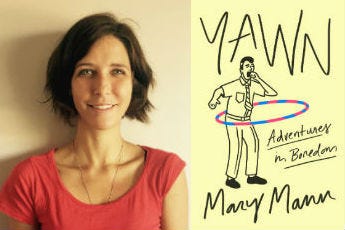
— Excerpted from YAWN: Adventures in Boredom by Mary Mann. To be published in May by Farrar, Straus and Giroux. Copyright © 2017 by Mary Mann. All rights reserved. Caution: Users are warned that the Work appearing herein is protected under copyright laws and reproduction of the text, in any form for distribution is strictly prohibited. The right to reproduce or transfer the Work via any medium must be secured with the copyright owner.




